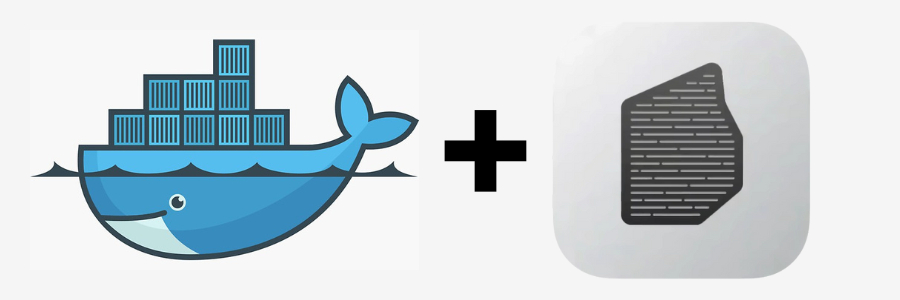Let's face it, with the velocity of major version upgrades in Drupal having increased a lot since Drupal 9, many projects - both themes and modules - do not yet have releases for Drupal 11, or even Drupal 10 for some of them, although they may have automatic compatibility patches / issue forks ready to be committed for months. Alas, just because they do not declare Drupal 11 (or 10) compatibility in their
composer.json (or they don't have one yet, looking at you
Bartik),
composer require with a
patches clause won't work because Composer checks for compatibility without the patches. So how can we use all that perfectly ready code that doesn't have a correctly labeled release ?

 If you are using the Gogs git server and just apply updates automatically without Reading The Fine Manual, your server became vulnerable with the 0.13 releases, enabling vulnerabilities described by CVE-2024-39930, CVE-2024-39931, CVE-2024-39932, CVE-2024-39933. See how to fix it.
If you are using the Gogs git server and just apply updates automatically without Reading The Fine Manual, your server became vulnerable with the 0.13 releases, enabling vulnerabilities described by CVE-2024-39930, CVE-2024-39931, CVE-2024-39932, CVE-2024-39933. See how to fix it. An easily missed feature in Jenkins is the bundled linter for Jenkinsfiles.
An easily missed feature in Jenkins is the bundled linter for Jenkinsfiles.

